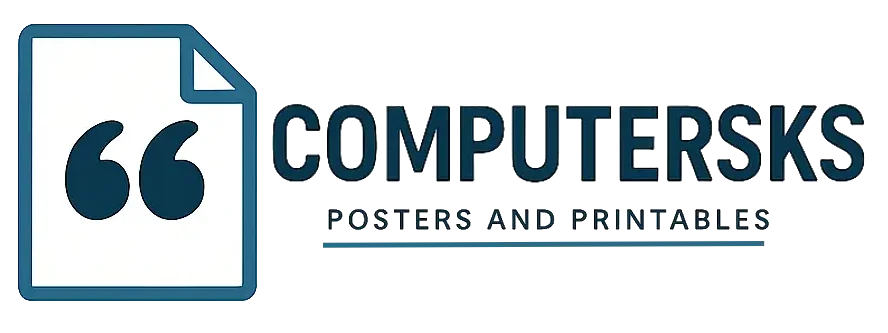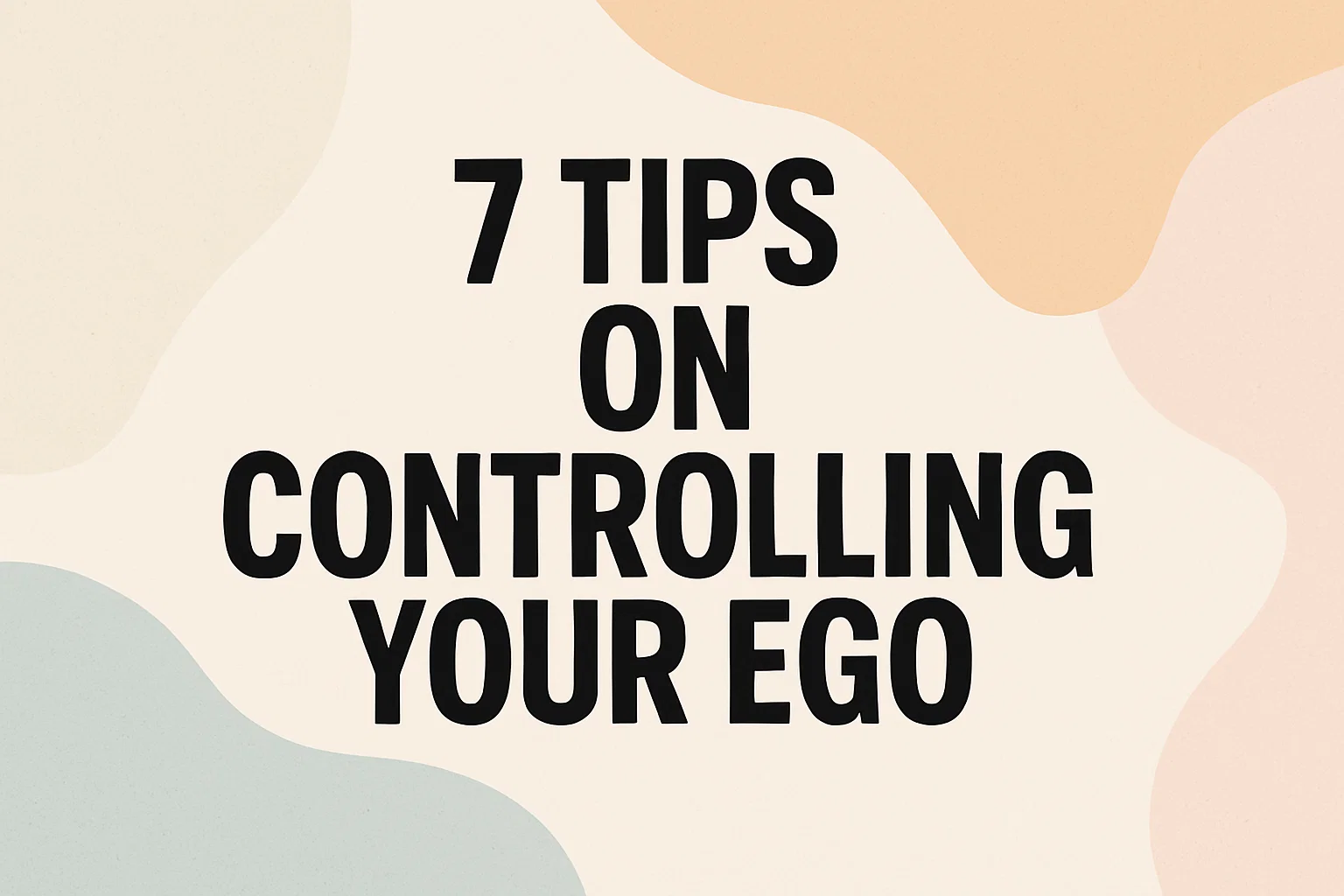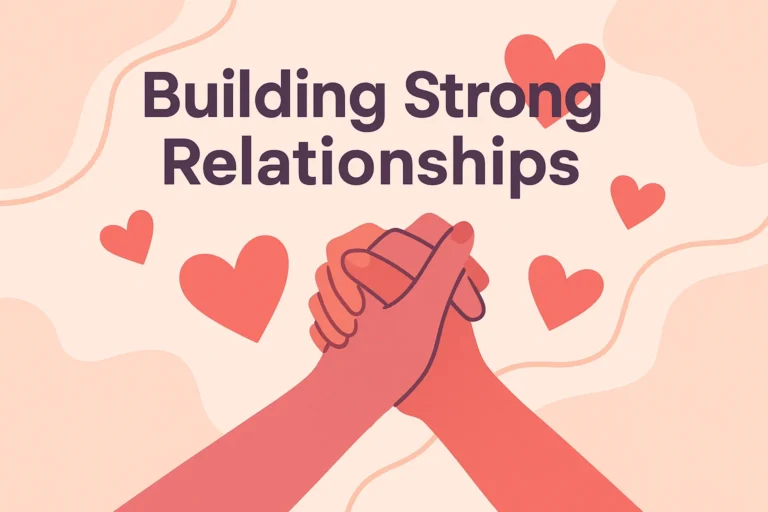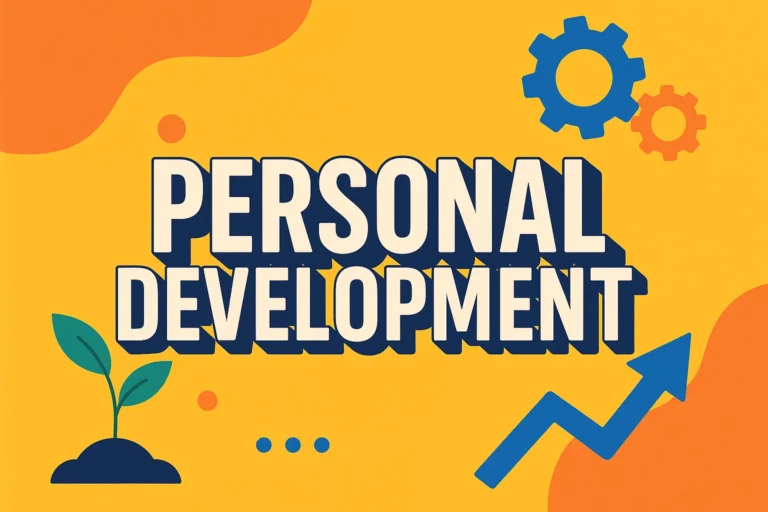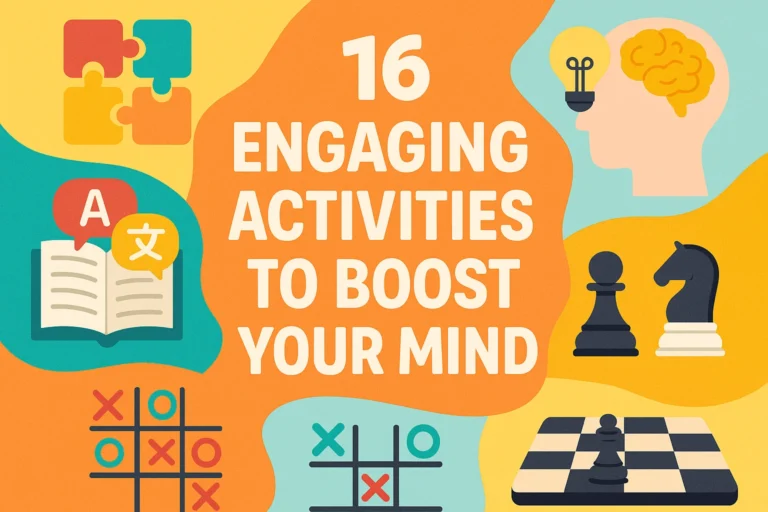7 Essential Self Improvement Tips for Controlling Your Ego and Boosting Confidence
Alright, let’s get real for a second. Ever walked away from a conversation and immediately cringed at something you said? Maybe you were trying a little too hard to impress, or you steamrolled someone’s story with your own “better” one. We’ve all been there. That, my friend, is your ego doing the driving, and it’s usually headed straight for Awkwardville.
The weirdest part? This often comes from a place of low confidence, not high. We overcompensate. We puff ourselves up because we’re secretly worried we aren’t enough. The goal isn’t to crush your ego into dust—that’s just as unhealthy. It’s about moving from an arrogant, fragile ego to a quiet, unshakable confidence. It’s about becoming someone who doesn’t need to prove anything to anyone, especially themselves.
I’ve wrestled with this my whole life, from trying to be the smartest person in the (virtual) room to needing to win every pointless argument. It’s exhausting! The journey to balancing my ego and confidence was messy, but I picked up some essential tips along the way. Let’s walk through them together.
1. Become a World-Class Listener (No, Really)
We think listening is just waiting for our turn to talk. I’m guilty of it, too. But true listening is a superpower that directly tells your ego to take a back seat.
How it controls your ego: Active listening forces you to focus entirely on another person. Your stories, your opinions, your brilliant insights—they all have to wait. It sends a message to your brain: “This person’s thoughts are just as important as mine.” That’s a massive blow to a domineering ego.
How it boosts your confidence: Ironically, people will think you’re more intelligent and capable when you listen well. You gather more information, understand nuances, and respond more thoughtfully. This builds genuine social confidence because you’re engaging with the world as it is, not just your filtered version of it.
Try this: In your next conversation, make it a game. Your only goal is to understand the other person’s point of view. Ask follow-up questions. Paraphrase what they said to ensure you got it. You’ll be amazed at the connections you build.
2. Embrace the Power of “I Don’t Know”
This is a tough one. Our ego tells us that not knowing is a sign of weakness. It screams, “Improvise! Bluff! Deflect!” Confidence, however, whispers, “It’s okay, you can’t know everything.”
Admitting you don’t know something is incredibly liberating. It removes the immense pressure of being a know-it-all. It makes you human, relatable, and trustworthy.
My favorite move? Following “I don’t know” with “But I’d love to find out” or “What’s your take on it?” This turns a potential moment of perceived weakness into an opportunity for connection and learning. It transforms you from a lecturer into a collaborator. FYI, this has saved me in more meetings than I can count 🙂
3. Seek Feedback and Actually Mean It
Oof. This one is like going to the gym for your character. It’s painful but it builds strength fast. Our ego builds fortresses to protect itself from criticism. Confidence, however, is secure enough to see feedback as a tool for growth.
How to do it without crumbling:
* Ask specific people: Don’t ask your biggest fan or your harshest critic. Ask someone you respect who will be honest but kind.
* Ask specific questions: Instead of “Do you have any feedback?” (which invites a vague “You’re great!”), try “What’s one thing I could have done better in that presentation?” or “How did I handle that difficult conversation?”
* Just say thank you. Your only job when receiving feedback is to listen and say “Thank you for that.” Do not explain, justify, or defend. Just sit with it. Your ego will throw a tantrum, but you’ll survive, I promise.
4. Celebrate Other People’s Wins Publicly
Feel that tiny pang of jealousy when a colleague gets promoted or a friend succeeds? That’s your ego feeling threatened. It views life as a zero-sum game: their win must be your loss.
Time to reframe the game. Make a conscious effort to genuinely celebrate others. Shout their accomplishments from the rooftops (or just on social media or in a team meeting).
Why this works: This does two brilliant things. First, it directly tells your ego that there is enough success to go around. Second, it builds immense social capital and makes you a magnet for positive people. You become a source of good vibes, and people are drawn to that. Your confidence grows because you see yourself as a supportive, secure person—not a rival.
5. Practice Mindfulness and Observe Your Thoughts
Your ego is the voice in your head that narrates everything. “That person looked at me funny.” “I nailed that, I’m the best.” “I totally messed up, I’m the worst.” It’s constantly judging and labeling.
Mindfulness is the practice of noticing that voice without immediately buying what it’s selling. You learn to think, “Ah, there’s my ego feeling threatened again,” instead of instantly reacting from that place of insecurity.
A simple way to start: Spend just two minutes a day sitting quietly and focusing on your breath. When a thought pops up (and it will!), just acknowledge it—“thinking”—and gently return to your breath. This builds the mental muscle to pause before you react, giving your confident, rational self a chance to step in instead of letting your ego run the show.
6. Define Your Values and Live By Them
Your ego confidence is based on external validation: likes, compliments, titles, wins. It’s flimsy because it can be taken away in an instant. True confidence is built on something internal and unshakable: your values.
When you know what you stand for—things like integrity, kindness, curiosity, or resilience—your confidence comes from acting in alignment with those values, regardless of the outcome.
Ask yourself: Did I do my best? Was I kind? Was I honest? If you can say yes, you win. No external opinion can take that away from you. This is the core of unshakeable confidence. It’s not about being better than anyone else; it’s about being true to yourself.
7. Use a Mantra to Ground Yourself
This might sound a little woo-woo, but stick with me. Having a simple phrase to repeat in moments of stress can be a circuit breaker for your ego. My personal mantra is “Is this useful?”
When I feel the urge to correct someone’s minor mistake: “Is this useful?”
When I’m rehearsing a witty comeback that would totally burn someone: “Is this useful?”
When I’m ruminating on a tiny slight from three days ago: “Is. This. Useful?”
It instantly cuts through the noise and brings me back to my values. It’s not about being right; it’s about being effective and kind. Your mantra could be anything: “Stay curious,” “Choose kindness,” or even “Not my circus, not my monkeys.” Find one that works for you.
So, there you have it. Taming your ego isn’t about becoming a wallflower. It’s about shifting from a loud, fragile confidence that needs constant feeding to a quiet, solid confidence that comes from within. It’s about making more room for genuine connection, continuous learning, and, honestly, a lot more peace.
It’s a practice, not a perfect. Some days your ego will still win. You’ll walk away from a conversation and think, “Ugh, there I went again.” That’s okay. Just notice it, laugh at yourself a little, and know that the simple act of noticing means you’re already changing the game.
What’s one small thing you can do today to tell your ego it’s not the boss of you? Maybe it’s admitting you don’t know something or genuinely complimenting a rival. Go on, give it a shot. IMO, you’ve got this.
